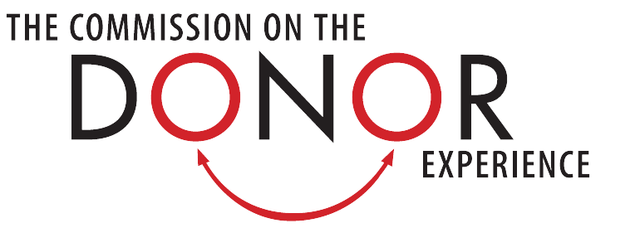CDE project 9: putting the principles and actions into practice — part 7
- Written by
- The Commission on the Donor Experience
- Added
- April 22, 2017
Handling things well when they go wrong
Even in the best circumstances, things happen that can lead to donor relationships going wrong. If or when they do, you need to proactively fix them. Just as in other spheres of life, a problem is a litmus test. Handled well, a problem can add to, not damage, the overall donor experience and may create a stronger advocate for your organisation.
Alison Pemberton, Head of Philanthropy at NSPCC, told us about a major donor who complained (justifiably) about a poor experience with their staff contact and withheld a large gift. A telephone call to apologise from the head of department, letters from the CEO and Chair to apologise and emphasise the donor’s value to the organisation, as well as great care over project reporting resulted in the donor giving a larger than usual gift the following year. As Alison says, ‘Things can change and we shouldn't give up’.
Donors understand that not everything will work and not everything will play out exactly as you planned. You have to talk to them—honestly and openly—about what has gone wrong and why, and what you might do to put it right or learn and move on.
In the research into this project, major donor fundraisers shared a wide range of examples of things going wrong. These have almost all been shared anonymously to avoid criticising organisations, but include:
- significant changes to programmes and projects that donors are funding: donors ‘bruised’.
- engaging prospects at the ideas stage of project development but then not managing expectations about how long it would take to set up the project: prospects ‘disappointed’.
- poor communication about the closure of a project that a donor had funded: donor ‘disillusioned’.
As the quotes below show, however, major donors are often realistic, understand that not every new initiative will succeed and want a honest relationship.
‘“Most major donors have made money in business and understand that you have to try a lot of things, and that sometimes things work and sometimes they don’t.”… “As a major donor, I want a bit of honesty. If it failed, I just want to know that it failed.”
Nick Jenkins, founder of Moonpig.com, ‘dragon’ on Dragons’ Den [41]
‘The fellowship programme was interesting because we put the money up on the explicit understanding that this was truly a pilot. It was risk philanthropy: there was no bad answer and Tate could easily have said, “it was ineffective, too difficult, we’re not going to do that again”. And that would have been fine with us, providing that the analysis was diligent and honest.’
Rory Brooks, The Rory and Elizabeth Brooks Foundation [42]
The key to putting things right when they do go wrong is:
1. an open and honest conversation with the donor.
2. escalating donor concerns within the organisation as appropriate.
3. learning from experience. This means having a culture of being open about what has gone wrong and then sharing how it can be avoided in the future.
----------------------



















